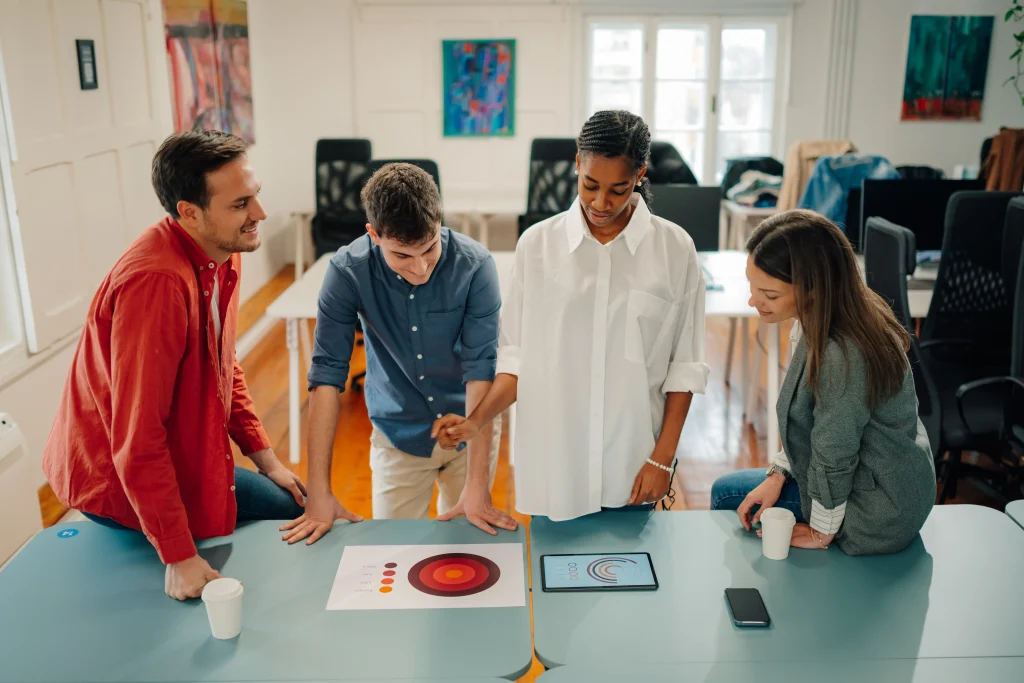For early-career researchers working across disciplines and countries, finding tailored guidance can be a challenge. In this blog, Trishnika Chakraborty, a PhD candidate in oral epidemiology, shares how the EUPHAnxt Mentoring Programme offered her targeted support, fresh perspectives, and practical tools to strengthen her academic journey—with the help of her mentor, Dr. Petru Sandu.
Trishnika Chakraborty is a Conservative Dentistry and Endodontics and a Ph.D. candidate in oral epidemiology and health communication at the University Medical Center Groningen, The Netherlands.
Dr Petru Sandu is a medical doctor at the National Institute of Public Health – Regional Public Health Center in Cluj, Cluj-Napoca and a Researcher at the Department of Public Health, University Babe -Bolyai, Cluj-Napoca, Romania.
My experience as a mentee with the EUPHAnxt Mentoring Programme
I, Trishnika, am an endodontist from India, currently working on my PhD in oral epidemiology and health literacy in UMCG, Groningen. As an international candidate, I often find myself in a difficult position to find relevant network under my umbrella topic of dentistry and health promotion. Hence, I joined in the EUPHAnxt mentoring programme, which had several topics of interest to be selected from and sufficiently international.
The mentoring team at EUPHAnxt does an excellent job of matching mentees with suitable mentors based on their selected public health topics. Based on my topic selection, I was teamed with another international candidate mentored by Dr. Petru Sandu from Romania. The mentorship programme was well fitted with my ongoing PhD research and lasted for 6 – 7 months (online). As a PhD student, having a mentor is valuable. Throughout the program, I had the chance to delve into several important aspects of academic research, such as grant identification, grant writing, drafting financial documents for research, and honing my academic writing skills.
One of the aspects I appreciated most about the mentorship was its flexibility. The program had a relaxed structure, yet it provided me with a fresh perspective on my work, helping me refine various research-related tasks. With Dr. Petru’s guidance, I was even able to secure a small grant for my project, which was a significant achievement.
I highly recommend the EUPHAnxt Mentoring Programme to other master’s or PhD-level researchers. It is particularly beneficial for international candidates, offering a broad range of public health topics and opportunities to connect with experts in the field.



